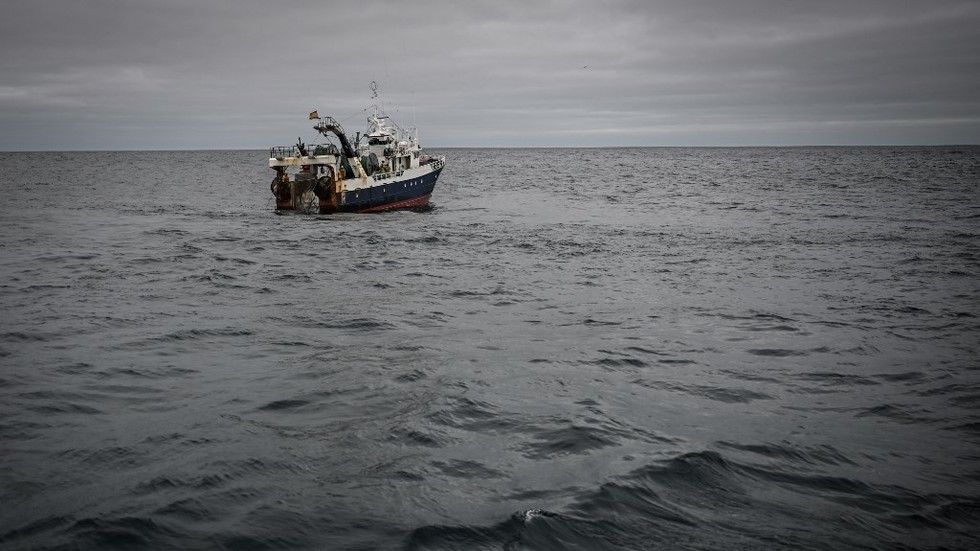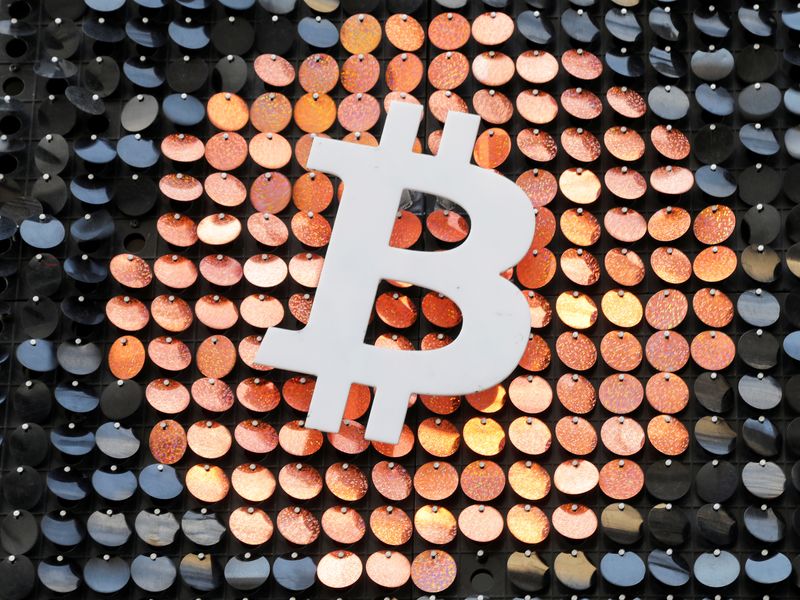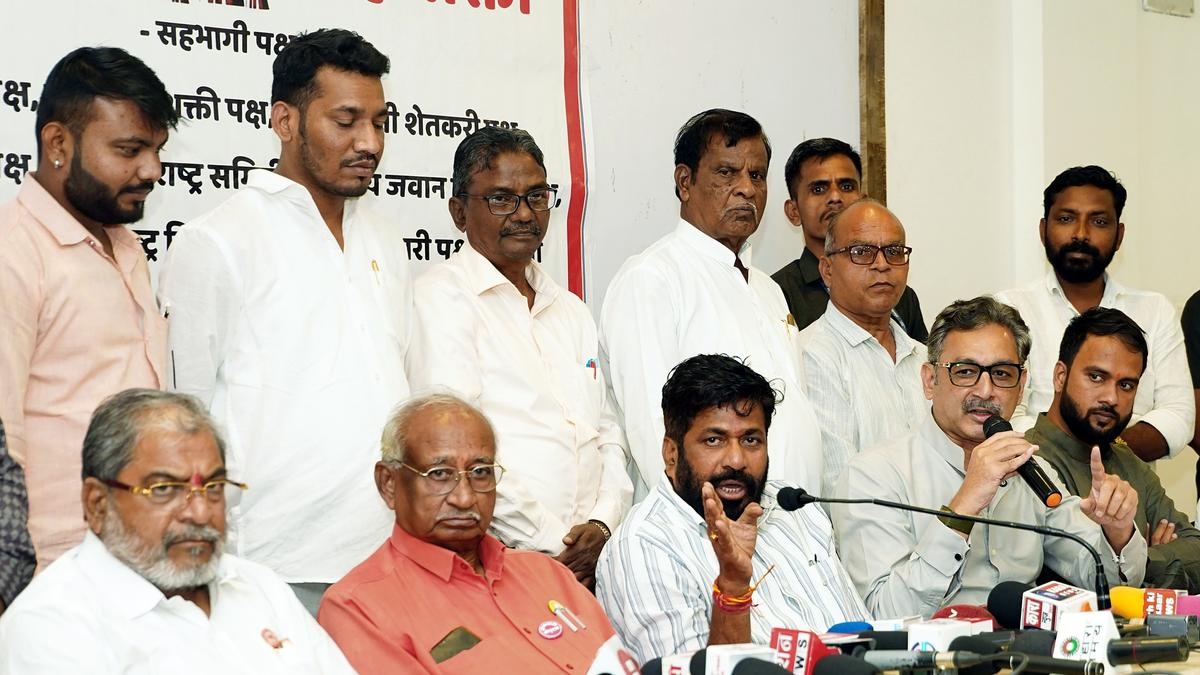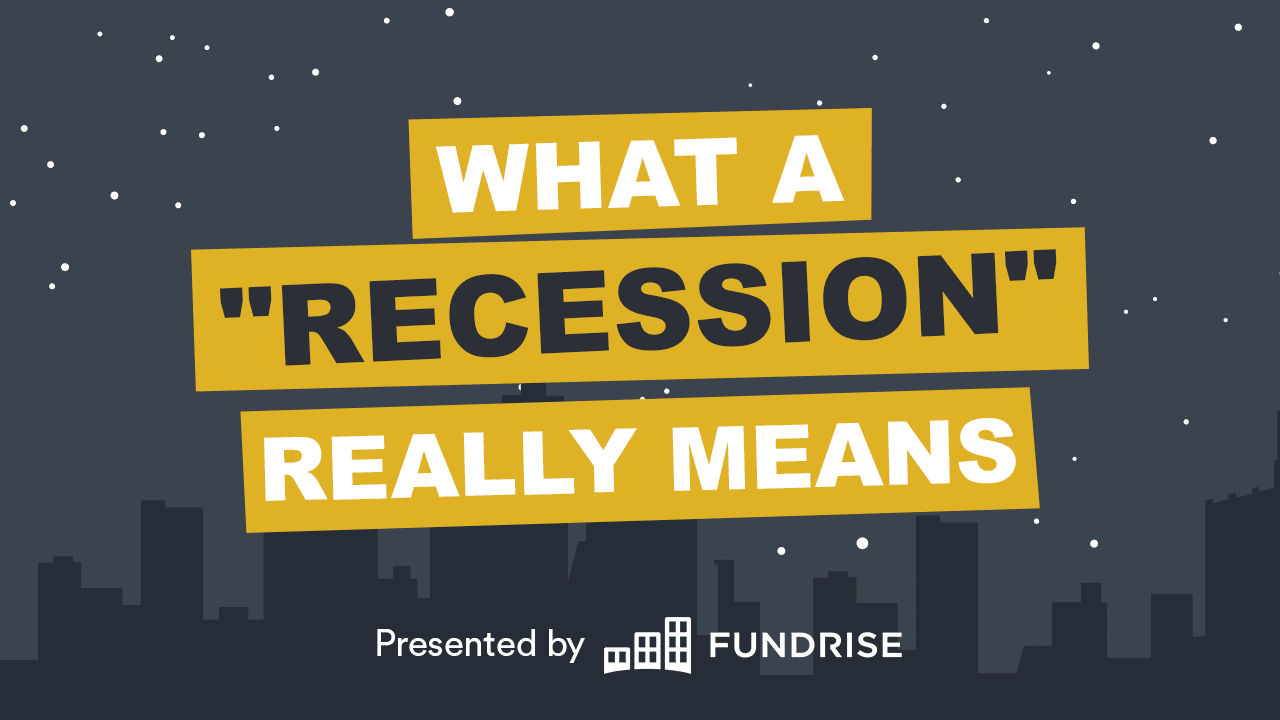The Supreme Court this week reversed an arbitration award, a Delhi high court order, and its own previous decision in rejecting a ₹8,000-crore claim by Anil Ambani owned Delhi Airport Metro Express Private Ltd (DAMEPL) against Delhi Metro Rail Corporation (DMRC).
The order has to do with a 22.7-km railroad that cost ₹5,700 crore to build. It was India’s first metro rail project built under a public-private partnership (PPP) and was supposed to be completed before the Commonwealth Games in 2010.
It was eventually completed in 2011, but did not exceed its budget. DMRC was responsible for the civil works such as stations, viaducts and tunnels, while DAMEPL – a special purpose vehicle formed by Ambani’s Reliance Infrastructure Limited— was responsible for building and maintaining the system works such as tracks, signals and rolling stock.
When the project was being awarded, the huge difference in the estimates between the first and second bidder should have sent alarm bells ringing. While DAMEPL offered a share of revenue, the second bidder asked for an annual subsidy of ₹346 crore or an interest-free loan of ₹1,440 crore. With the Commonwealth Games imminent, Delhi Metro approved it in a rush.
The other mistake was that the project’s concession agreement put the construction risks on DMRC and operations risk on DAMEPL. Generally in a PPP, the political risks are borne by the public party while the system risks are borne by the private party.
The project ran into safety issues within a year of its completion. DAMEPL suspended services for safety repairs in July 2012. A joint inspection team allegedly found the majority of the bearings in the civil construction were defective. Services resumed in January 2013, but acrimony over fares, punctuality and other issues worsened, and DAMEPL terminated the project in June 2013.
A long court battle began when DMRC encashed the bank guarantee of ₹55 crore in response. DAMEPL won an arbitration claim of ₹8,009.38 crore against DMRC, citing a termination payment the concession agreement equal to 130% of the adjusted equity and 100% of the debt from the project.
Since then, a single-judge high court bench and a two-judge Supreme Court bench have upheld DAMEPL’s plea. Ranged against those were the orders by a division bench of the high court and now a three-judge bench of the Supreme Court. By any reckoning, this is a huge rollercoaster ride through the Indian courts system. Meanwhile, the costs had risen as the sum, including interest, was way beyond the financial capacity of DMRC and would have to be borne by both the centre and the Delhi government, equal shareholders in the company.
It is natural to expect that in any contract with the state, companies will try to sweeten their share. This is compounded, as L&T’s former chief AM Naik said in an interview, when less qualified companies win projects by quoting the lowest figure but fail to complete them on time. “This needs to change in the national interest,” he said. The remedy involves state entities drafting clear and simple contracts.
Instead, the Delhi airport metro project fell prey to the first problem that Naik highlighted and then compounded it by dragging the dispute through India’s labyrinthine courts system, demonstrating the high risks for companies undertaking infra projects in India. The Supreme Court verdict being set aside by another bench will be seen as a huge minefield by companies that plan to undertake such projects.
It is particularly concerning because an Indian court has again overturned an arbitration award. Just last year, the finance ministry had issued detailed guidelines for state-owned companies not to contest adverse awards. The intention was to build a non-adversarial climate on arbitration since India is trying to bring some of that business on shore.
The Supreme Court’s action undercuts those instructions. Departments could now point to this award, saying it is worth fighting cases indefinitely in the hope of eventually wringing out a favourable verdict. Even though this was a curative petition, it is difficult to claim that the last word has been written on the claim.
According to World Bank data, less than 5% of PPPs worldwide are cancelled. Still, the demonstration effect from this verdict could be significant. Yet, one has to hope that it will not discourage private companies to bid for infrastructure projects.
It’s a fair verdict and yet bad news for PPP infra projects because a badly drafted contract allowed Ambani’s Reliance Infrastructure Limited to win the arbitration award. Other projects built on this model are now under a pall of uncertainty.














